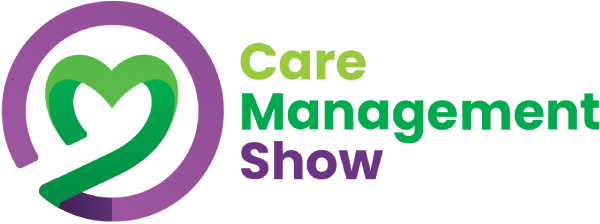Session announcement: Creating a 'safety culture'
)
Safety culture is a huge deal. The importance you, as a manager, place on safety will largely affect the degree to which your team prioritise it and, by extension, how safe and looked-after your residents or clients are.
Acknowledging this, CQC is focusing on safety, with ‘safety through learning’ being one of its four key strategic focuses.
CQC writes: “We want all services to have stronger safety and learning cultures. Health and care staff work hard every day to make sure people’s care is safe. Despite this, safety is still a key concern for us as it’s consistently the poorest area of performance in our assessments.
It’s time to prioritise safety: creating stronger safety cultures, focusing on learning, improving expertise, listening and acting on people’s experiences, and taking clear and proactive action when safety doesn't improve.”
The airline industry is always cited as one which has very high standards of safety, primarily because it has an open and honest culture when it comes to mistakes. People are always going to make errors – and in the airline industry, as in healthcare, the stakes could not be higher. Some mistakes will literally cost people their lives.
The high stakes in these sectors could make employees more likely to try to hide mistakes or near misses, through shame or for fear of repercussions. But the opposite should be true: the higher the stakes, the more crucial it is to share mistakes made and learn lessons from them, so that the error never happens again.
As CQC writes: “In a strong safety culture, risks aren’t overlooked, ignored, or hidden – and staff can report concerns openly and honestly, confident that they won’t be blamed.”
As a manager, you control the way in which mistakes are viewed. Are they something shameful, something to be hidden at all costs? Or are they an inevitable part of life and work, and something that should be shared to enable lessons to be learned?
Of course, negligent or dangerous behaviour from your staff must be dealt with appropriately. But near-inevitable or lower-level mistakes – and particularly near misses – should be viewed with compassion.
In this session, Jennifer Irabor, Joan Gunde, Lisa Taylor-Clarke and Aysha Eringickal Kunhi Mohammed from Arden University will enable you to:
- Understand what the CQC's focus on 'Safety through learning' means in practice
- Learn how to develop an 'open and honest' learning culture and demonstrate improvement to the CQC after mistakes are made
- Take away a practical checklist of steps to take when a safety issue is flagged
- Leave with a CPD-accredited certificate
Also check out our other CPD sessions on management, including Digital leadership, How to have difficult conversations, and Supporting your team’s mental health.
Related articles
-
Join experts from Arden University to learn strategies for conducting disciplinary meetings, and improve your ability to have difficult conversations with residents, relatives, and staff alike.



)
)
)
)
)
)
)
)
)